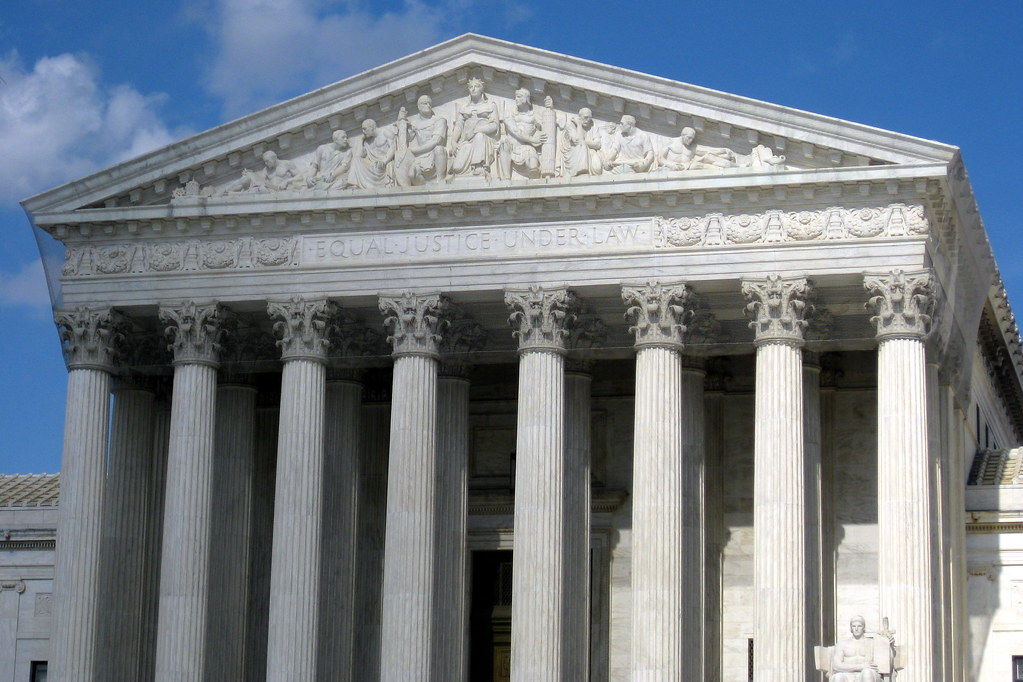
President Donald Trump has taken significant legal action regarding the deportation protections for Venezuelan nationals living in the United States. The Trump administration’s recent emergency appeal to the Supreme Court. They appealed a federal district court’s decision to temporarily stay the decision to withdraw protections for people like Abrego Garcia, one of some 300,000 Venezuelans now living under temporary protected status (TPS).
Along the way, the case has drawn an unusual amount of attention. Its implications for Venezuelan migrants and the broader, continuing legal battle over immigration policy make it highly important. The Trump administration argues that the lower court’s ruling eviscerates the executive branch’s power. Thirdly, they argue it further prevents the making of critical policy decisions, which must be agile to the rapidly evolving immigration context.
Case History and Ongoing Legal Struggles
Even worse, the Supreme Court has already been forced to hear eleven such emergency cases having to do with Trump’s second term. One of these emergency appeals is for Abrego Garcia. On August 17, the same California federal district court issued an identical temporary block against Homeland Security Secretary Kristi Noem’s ruling. This latest decision was intended to terminate Temporary Protected Status (TPS) for Venezuelan nationals. Reaction to the ruling has been deeply divided. All the while, the Trump administration is, in practice, doing everything it can to get rid of protections that hundreds of thousands of Venezuelans rely on.
Abrego Garcia’s case illustrates the bigger issues plaguing Venezuelan immigrants. The TPS designation was meant to offer shelter for people escaping emergencies in their native country. Yet, Trump’s administration is still hard at work to undo those protective measures.
Policy implications This move raises important questions about the status and legal future of these migrants in the U.S.
“Contravenes fundamental executive branch prerogatives and indefinitely delays sensitive policy decisions in an area of immigration policy that Congress recognized must be flexible, fast-paced, and discretionary,” stated representatives from the Trump administration regarding the court’s previous decision.
The Supreme Court is doing everything it can to speed along the legal process. They requested responses from lawyers representing Venezuelan nationals, including Abrego Garcia, by May 8. This case has the potential to set a new judicial precedent. Perhaps more importantly, it could shape how they address comparable immigration challenges down the road.
Author’s Opinion
The ongoing legal battles surrounding TPS for Venezuelan nationals highlight a critical moment in U.S. immigration policy. The government’s push to remove these protections creates uncertainty not only for Venezuelan immigrants but for the broader landscape of humanitarian protections under U.S. law. The outcome of this case will undoubtedly influence future immigration decisions and set a precedent for similar challenges to come.
Featured image credit: Wally Gobetz via Flickr
Follow us for more breaking news on DMR
